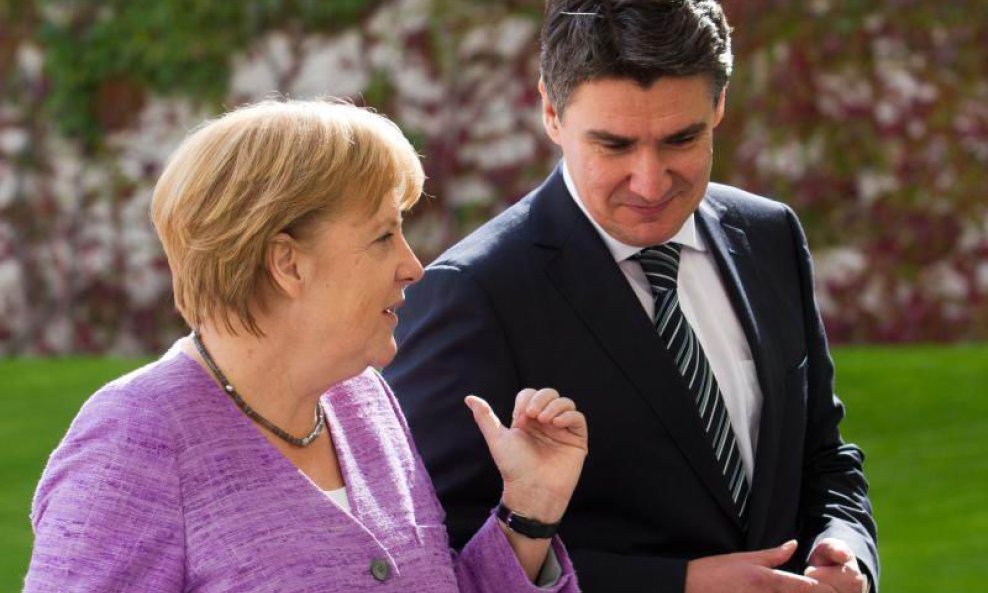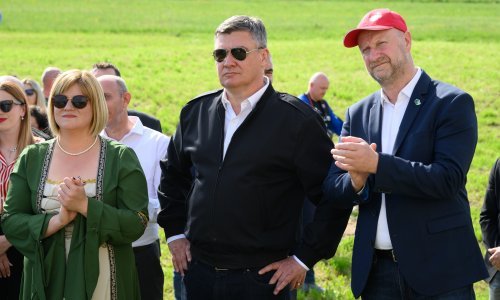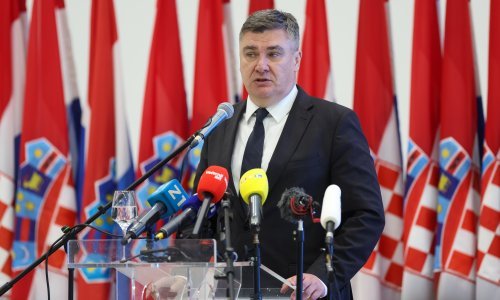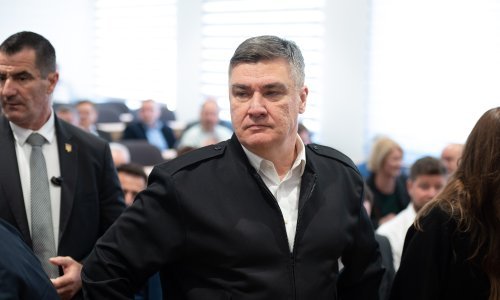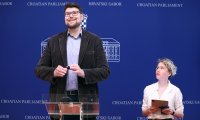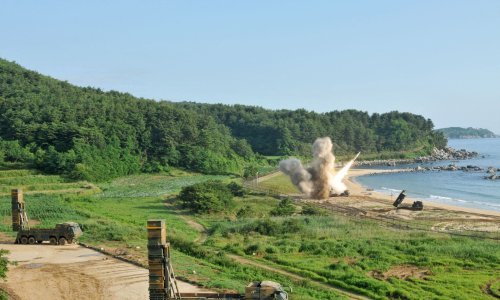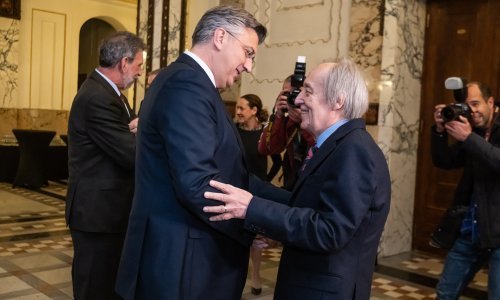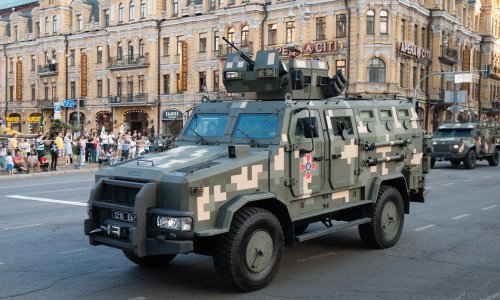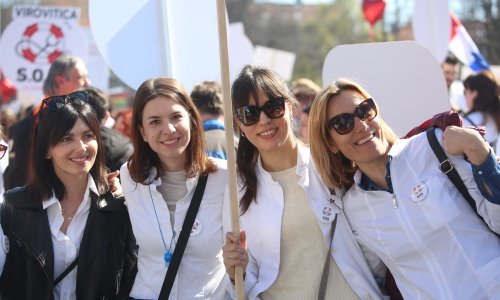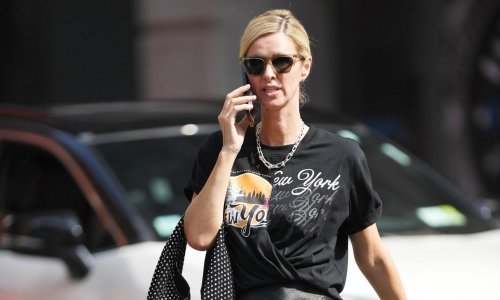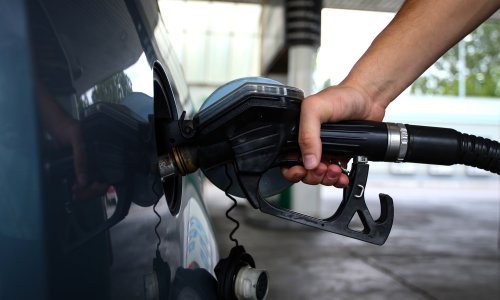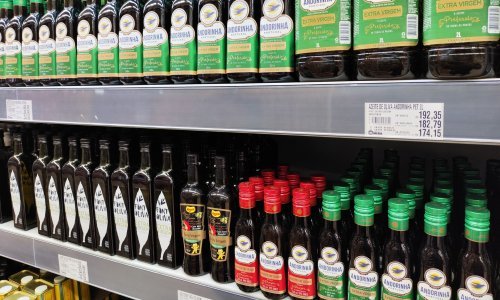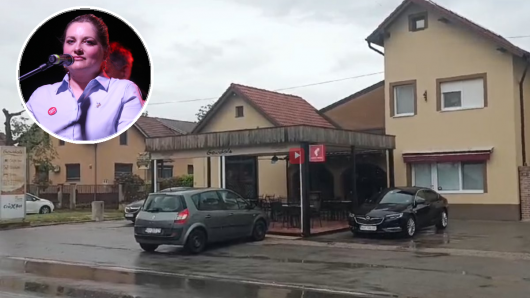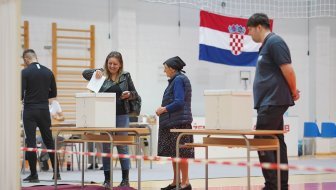German Chancellor Angela Merkel on Wednesday welcomed Croatia as the 28th member of the European Union, promising it further support, while Croatian Prime Minister Zoran Milanovic thanked Germany for everything it had done and was doing for Croatia.
We look forward to a new member of the European Union and I hope that Germany will be a good partner on the road which is not always simple, and that we will help in overcoming the remaining problems, Merkel told a press conference after talks with Milanovic in Berlin.
We have discussed Croatia's accession to the European Union. The ratification process is before us and we want Croatia to become the 28th member of the European Union on July 1, 2013. We also expect monitoring reports, one in autumn and the other in spring, but Croatia is on the right track and I have encouraged the Croatian prime minister to continue on that path, the German Chancellor said.
Merkel said that Germany and Croatia were connected by many bonds, citing 200,000 people of Croatian origin living in Germany and German tourists spending their holidays in Croatia. Germany and Croatia have very good relations, both political and economic ones, and we want the Croatian economy to develop in a good direction, she added.
Also discussed was the situation in the region, and Merkel particularly mentioned the difficult political situation in Bosnia and Herzegovina.
Croatia is trying to build good relations with all its neighbours, and we want stability in Bosnia and Herzegovina, which however proves very difficult to achieve, Merkel said. She added that despite the existing crisis, the EU's door remained open to all Southeast European countries that met the EU membership criteria.
Milanovic thanked all German governments for what they had done for Croatia, and said that Croatia expected further support and ratification of its EU accession treaty.
He said that Croatia had a good experience with German investors which could assist in stabilising the Croatian economy as part of the country's preparations for EU membership.
German investors are welcome, especially in the industrial sector, because industries are what the Croatian economy is lacking. Croatia can benefit and learn from German expertise, knowledge and organisation, Milanovic said, adding that Croatia expected German assistance even after its entry into the EU.
We expect a lot from the European funds and from the cohesion policy, and we know that Germany is strict in that regard because it had bad experiences in the past. We will do our best to change and improve some patterns of behaviour in Croatia, he said.
Unfortunately, the times of enthusiasm are over; Croatia is entering the European Union at a time of the biggest crisis and the role of countries such as Germany is now crucial, Milanovic said.



